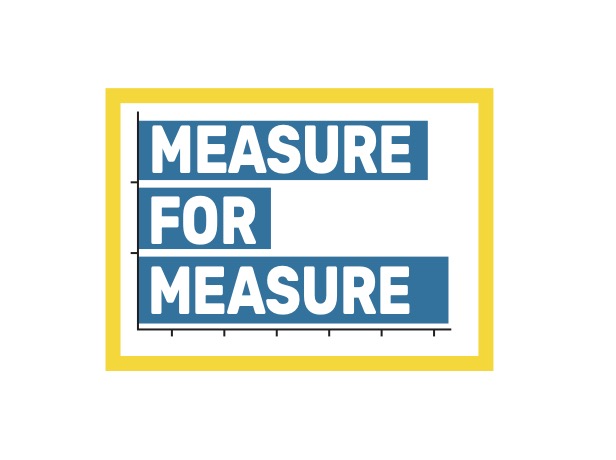Maya Salameh
Serena Rose Chopra
Richie Hofmann
Victoria Chang
Jeff Whitney
Alisha Dietzman
Amber Adams
Sneak Peek: Hana Sharif Podcast
Hana Sharif: I think that art has a responsibility to reflect back the truth of who we are and where we are as a people. And that complexity can be difficult, it can be joyful, it can show up as escapism. But even in those great sweeping romances or great mysteries, at its core, there is something that speaks to what it means to be human, to the inclinations and the desires and the needs we have to be seen, to be recognized, to be valued, to be honored. It shows up even in those pieces. And so I think that when we are in spaces of real challenge, it is when art and artists have the greatest responsibility to step up and step forward.
The Men-Women Split in Reading is Real—and Persists Amid Historical Rate Declines


